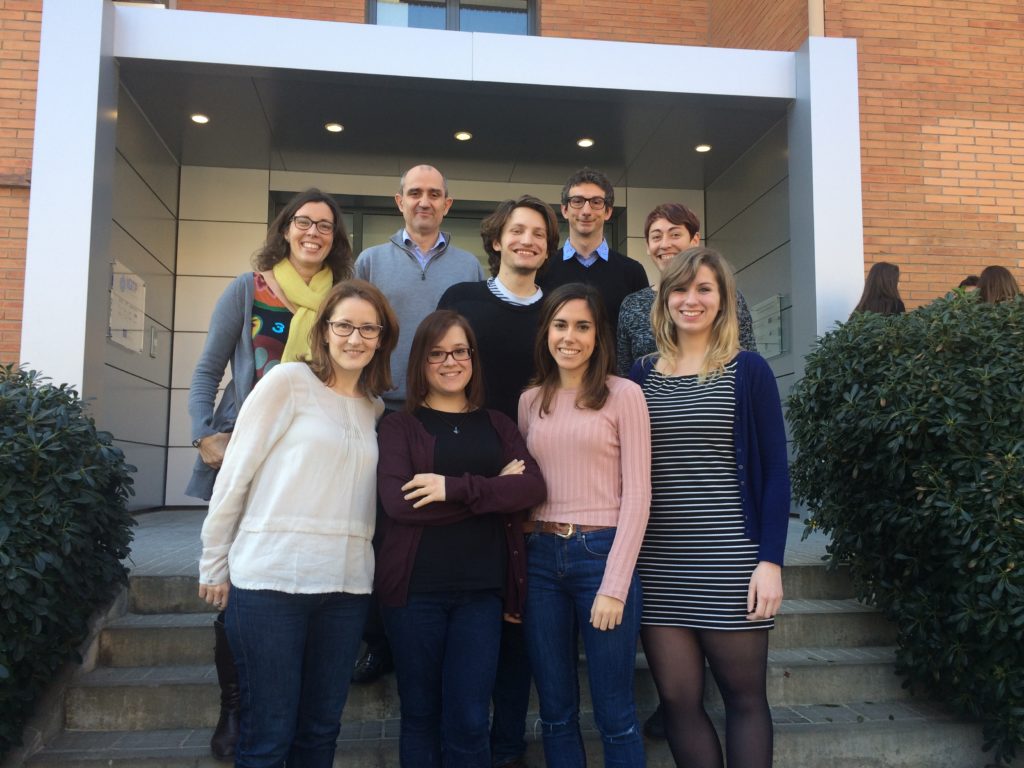Maribel González Acosta, a researcher at the Bellvitge Biomedical Research Institute (IDIBELL) and the Spanish Association Against Cancer of Barcelona (AECC), in collaboration with Fátima Marín and Benjamin Puliafito, have published a new study aimed to improve the identification of a rare and devastating inherited syndrome of predisposition to childhood cancer, called Constitutional Mismatch Repair Deficiency (CMMRD).
These researchers from the IDIBELL Hereditary Cancer group, led by Gabriel Capellá and Marta Pineda, have developed a genomic sequencing tool to identify, with high sensitivity, mutations in repetitive regions of DNA called microsatellites. To do this, they used peripheral blood samples from 131 people, including healthy individuals and patients with inherited cancer predisposition syndromes. The results show that the developed technology allows to identify with precision the individuals with CMMRD, since they present a higher rate of mutations in the microsatellite regions of the DNA. Furthermore, the approach can discriminate between CMMRD and other diseases with similar clinical characteristics.
Microsatellite regions are a type of repetitive DNA sequence generally found in non-coding regions, which means that they are not part of any gene. Its repetitive nature makes it difficult to analyze. In this study, it has selected interindividual invariant microsatellites and, it has developed an own analysis strategy.
This project shows how the optimization of technologies to detect hereditary diseases that predispose to cancer can help to improve the clinical and therapeutic management of patients at an early age.
The work has been possible thanks to the close collaboration with the European consortium C4CMMRD (Care for CMMRD), and especially to Dr. Daniel Rueda (Hospital Doce de Octubre, Madrid) and Dr. Katharina Wimmer (Medical University Innsbruck, Austria).

